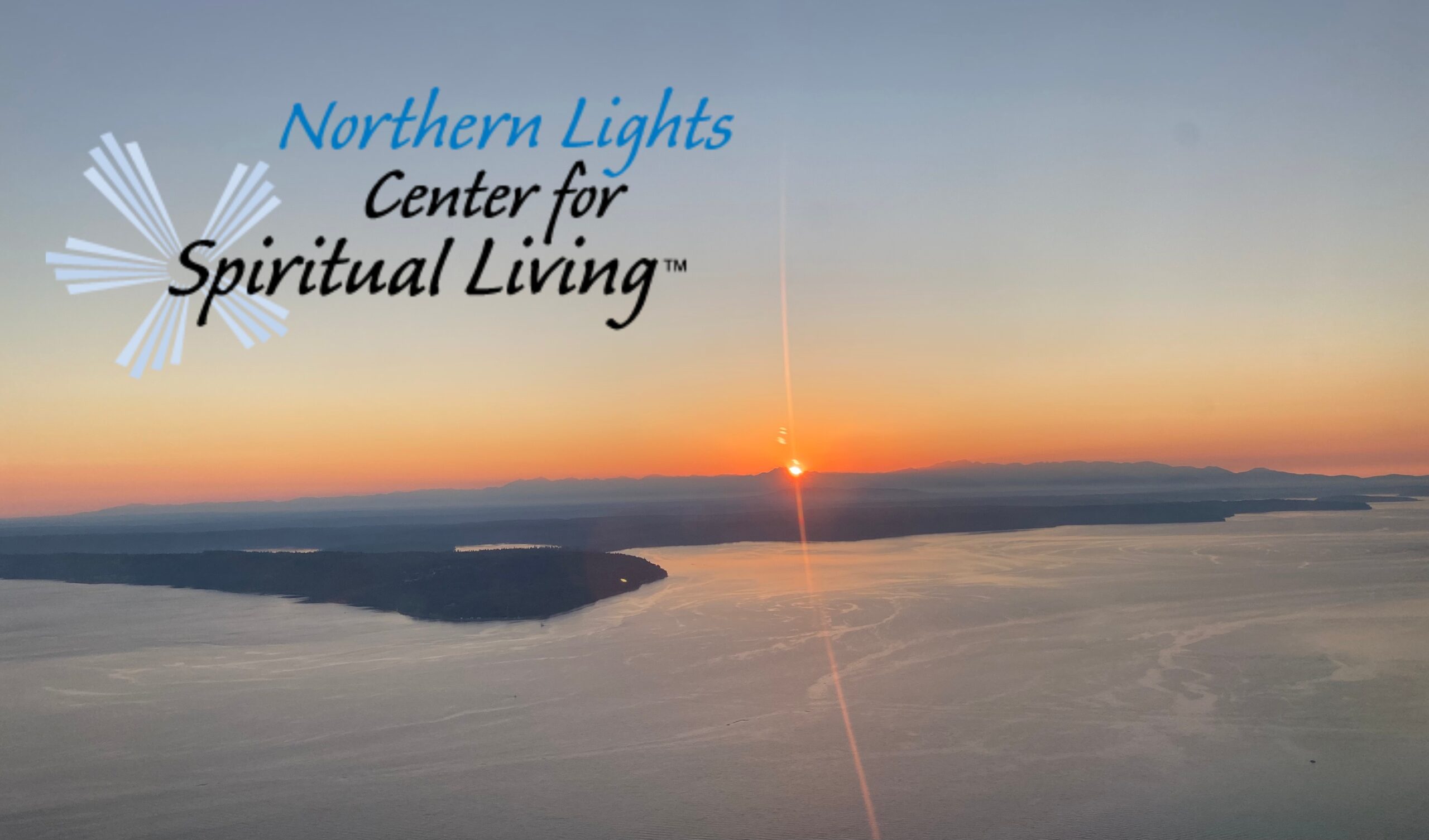A walking meditation is easy to practice; it enhances physical, mental and spiritual well-being. It is especially effective for those who find it difficult to sit still for long periods of time. Some people enjoy practicing in a beautiful outdoor setting, like a park. Others prefer to practice indoors, due to poor weather, or desire for privacy.
When practicing a walking meditation, walk in silence, both internal and external.
Be mindful of your walking, noticing each step you take. Walk slowly, with small, deliberate, poised, graceful footsteps. As you move in such conscious, thoughtful, and graceful motion, you may imagine each of your footprints leaves an impression of whatever you wish to place into the universe. For example, each step may release peace, love and/or joy.
Notice the beauty of your surroundings, both externally and internally. Notice every cell in your body seeming to smile.
I personally enjoy walking in nature, usually near a body of water. One of the most powerful experiences I had happened during a walking meditation when I went to Green Lake. (Green Lake is in North Seattle, with an almost 3 miles wheeled and a walking path that goes around the lake.) I formed the intention to look into the eyes of as many people as I could while I walked around the lake.
What I saw amazed me. I saw the God/Love/Life within each person that looked back at me. No words were necessary; we spoke through the eyes, the eyes of love, and the eyes of understanding. As I looked at each person, amazing things would happen: a smile would appear on their face, a look of interest or even surprise. It felt to me that people experienced surprised when someone sought eye contact to look at them with a longing to open for the truth behind their eyes.
I invite you to step out and try a walking meditation, go to a park, a mall or even your own neighborhood and see what comes from this purposeful exercise. Enjoy!

